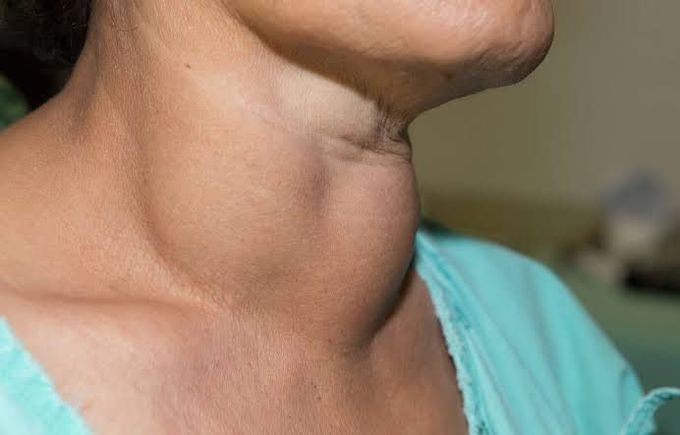


Thyroid nodules
Thyroid nodules are common entities, frequently discovered in clinical practice, either during physical examination, but also incidentally, during various imaging procedures. They are clinically important primarily due to their malignant potential. For this reason the initial evaluation should always include a history and physical examination focusing on features suggestive of malignancy. Serum thyrotropin (TSH) and thyroid ultrasonography (US) are pivotal in the evaluation of thyroid nodules, as they provide important information regarding thyroid nodule functionality and the presence of features suspicious for malignancy, respectively. Fine needle aspiration (FNA) biopsy is the most accurate and reliable tool for diagnosing thyroid malignancy and selecting candidates for surgery, particularly if performed under ultrasound guidance. The cytology findings from FNA biopsies will fall into an indeterminate category in approximately 25% of the cases, in which case malignancy cannot be safely excluded. The recent use of panels of gene mutations and molecular markers, when combined with the cytologic diagnosis, show promising results in improving the preoperative diagnosis of indeterminate thyroid nodules, thus reducing the number of unnecessary surgeries. Other tools for predicting the malignant potential of thyroid nodules still under investigation include elastography and 18F-fluorodeoxyglucose positron emission tomography (18FDG-PET) scanning. An approach to the initial evaluation and management of single nodules, functioning nodules, multinodular glands, incidental nodules, and cysts are discussed. Therapeutic interventions for benign nodules, when needed, may include surgery, radioiodine (131-I) therapy, or percutaneous ethanol injection (PEI), as indicated. Levothyroxine (T4) suppressive therapy is currently controversial and usually not recommended. The evaluation of thyroid nodules discovered during pregnancy is generally the same as for non-pregnant patients, except for the contraindication to radionuclide scanning. Thyroid cancer discovered during pregnancy may be safely managed by thyroidectomy after delivery in most of the cases, but if aggressive features are present, surgery should be ideally performed during the second trimester.
My sister is also suffering from such a situation but its not harmful maybe. She has her thyroid enlarged but not much larger size and she is taking the thyroxine pills since 2 years. Doctors just say that its normal and its due to some internal body changes. Should we continue to not to worry about it!?


